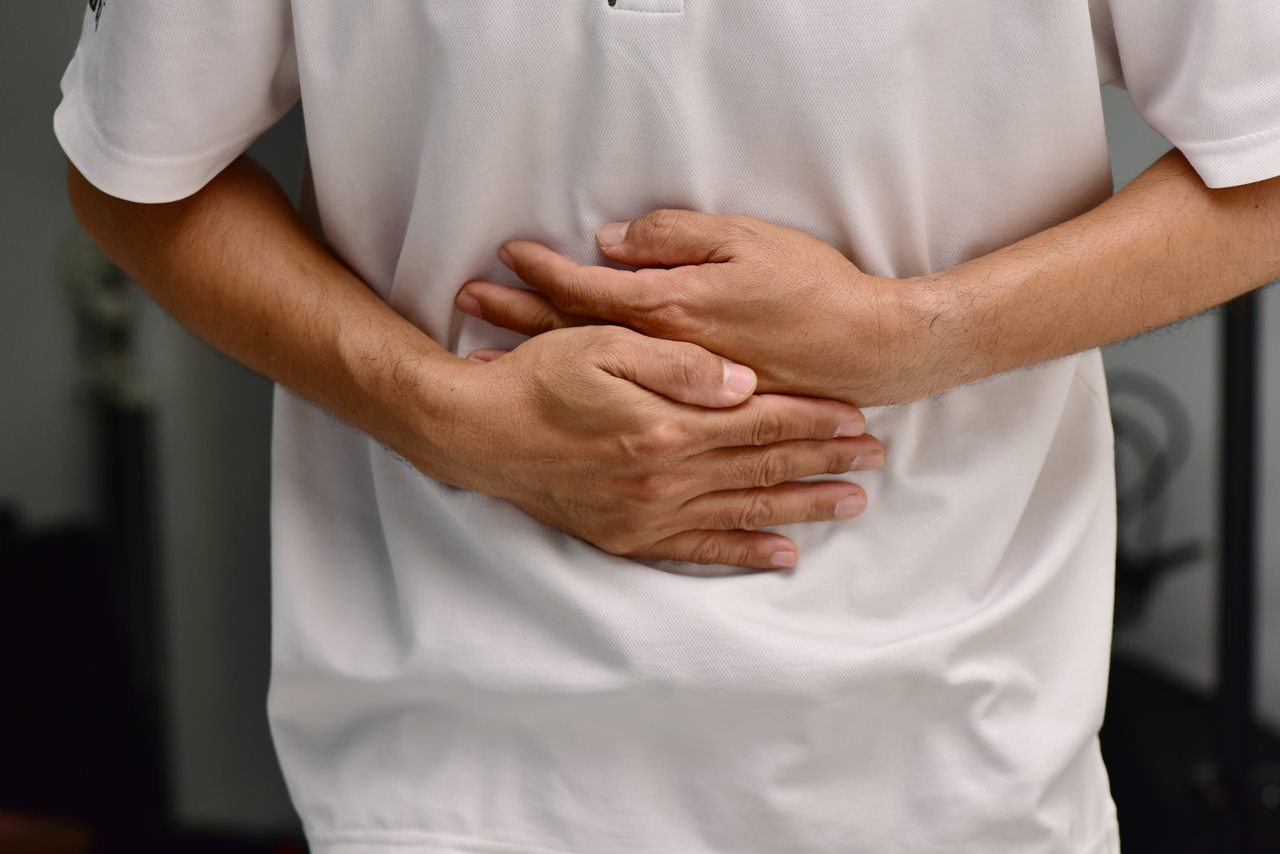Digestive health has to do with a proper functioning of the digestive system, which includes a series of organs They work together to digest food, absorb essential nutrients, and eliminate waste efficiently. The esophagus, stomach, small and large intestine, liver and pancreas play a prominent role in these processes.
Digestive health involves not only the correct functioning of these organs, but also a balance in the intestinal microbiota and nutrient absorption capacity. Keep Good digestive health is crucial to our physical and emotional well-beingbut we often don’t give it the importance it has until we begin to experience the first symptoms that something is wrong.
On May 29, World Digestive Health Day is celebrated. and given that, according to data managed by noVadiet, leaders in health care in the most natural way, Half of the Spanish population suffers from some digestive pathology, In most cases, due to your lifestyle, it is necessary to become aware of the great benefits of maintaining good digestive health for all areas of our lives.
Symptoms of poor digestive health
Symptoms of poor digestive health can range from mild discomfort to more serious problems, and can manifest in different ways in different parts of the digestive system. These are some of the most common symptoms that noVadiet experts consider could indicate digestive problems and, therefore, be susceptible to a medical consultation to receive a proper diagnosis:
– Abdominal pain: It may manifest as stabbing pain, cramping pain, substernal burning sensation, or general discomfort in the abdominal area.
– Bloating and gas: They are mainly caused by the ingestion of air and the fermentation of unabsorbed carbohydrates in the intestine, which causes the accumulation of gases in the intestinal tract.
– Heartburn: Reflux occurs when stomach acid backs up into the esophagus, causing a burning sensation in the chest or throat.
– Chronic constipation or diarrhea: Changes in intestinal rhythm may indicate problems in the functioning of the digestive system. These symptoms can be caused by a wide range of circumstances, from food intolerances to inflammatory bowel disorders.
– Fatigue: Having persistent or unexplained fatigue can be a symptom of poor digestive health, especially if it is accompanied by other symptoms such as abdominal pain or loss of appetite.
– Bad breath: Halitosis can be a sign of digestive problems, such as alteration of the oral and intestinal microbiota.
– Changes in body weightUnexplained weight changes, whether as loss or gain, may indicate underlying digestive problems, especially if they occur without changes in diet or level of physical activity.
Tips to take care of digestive health
Sonia Clavería, Family Physician of the Technical Department from noVadietnos shows what are the best habits that we should adopt in our daily lives to contribute to better functioning of the digestive system.
1. Eat an adequate diet
To improve digestive health, it is advisable to intake of certain foods or supplementsthese are the most recommended:
– Fiber: It helps maintain regular bowel movement, prevents constipation and “feeds” our intestinal microbiota, promoting colon health. Some sources of fiber are fruits, vegetables, legumes, whole grains and nuts, but you will also find them in crackers with reinforced fiber.
– Probiotics: They are live microorganisms that promote a healthy balance of bacteria in the intestine. You can get probiotics from fermented foods like yogurt, kefir or sauerkraut, as well as through probiotic food supplements. One of those that noVadiet recommends is Digesfen Pro, ideal for the whole family.
– Prebiotics: They are indigestible fibers that act as food for the intestinal bacteria considered beneficial, enriching the microbiota. They can be obtained with foods such as onion, garlic, bananas, asparagus, artichokes and oats, or also through prebiotic food supplements. When a plus is needed, it is common to combine prebiotic and probiotic ingredients such as Novacilus in the same supplement.
– Other food supplements: There are also other nutritional supplements beneficial for digestive health, such as the gel of the aloe vera leaves. You can also find supplements aimed at gastric relief that help improve irritation or inflammation of the mucous membrane in the gastrointestinal tract, such as Acigastril.
2. Limit the consumption of processed foods and saturated fats
These foods are harder to digest and can irritate the lining of the gastrointestinal tract. It is also good to moderate the consumption of spicy foods, if you are sensitive to them. Better Opt for fresh, natural and low-fat foods.
3. Have adequate hydration
Drinking enough water is crucial to maintaining digestive health. Water helps maintain proper function of the gastrointestinal tract and prevents constipation. Especially good is to drink fluids between meals, which helps preserve the stomach acids necessary for digestion and helps prevent feelings of bloating during meals.
4. Moderate alcohol and caffeine consumption
Alcohol and caffeine can irritate the lining of the stomach and intestineworsening heartburn and abdominal discomfort.
5. Maintain a regular meal schedule
One has to try to eat at the same time every day and avoid skipping meals, which helps regulate the digestive system and prevents excessive hunger and intestinal irregularity.
6. Eat slowly and chew your food well
It is advisable to take the time necessary to eat and chew each bite properly.which helps break down food and facilitates the digestive process.
7. Avoid overeating
One has to avoid eating until you feel completely fullwhich helps prevent abdominal discomfort and gastroesophageal reflux.
8. Avoid going to bed immediately after eating
Experts recommend wait two or three hours after eating before going to bed or lie down to avoid acid reflux.
9. Perform physical activity regularly
Regular exercise stimulates bowel movement and reduces constipation. It is advisable to walk, run, swim, or practice yoga or strength exercise several times a week.
10. Get enough rest
Have a regular sleep schedule and sleeping seven or eight hours each night is key for our body.
11. Maintain a healthy weight
Being overweight increases the risk of developing gastroesophageal reflux disease or irritable bowel syndrome.

